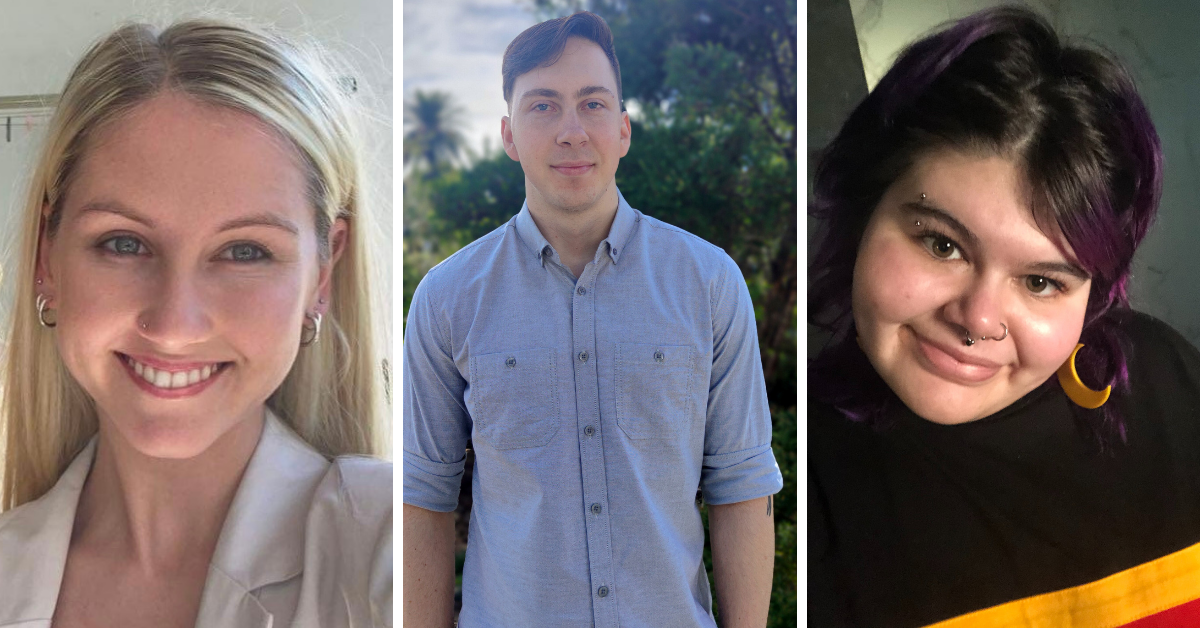
With everything that has been going on over the last two years, it is not surprising that 1 in 3 young people are experiencing really high levels of stress.
It is really important to take care of yourself, and know how you feel and how to ask for help. No worry is too big or small, and you are definitely not alone! You can ask family and friends to help you. Ask them to listen or ask them to come with you to the doctor.
If you would prefer to talk to someone you don’t know, there are services out there to help you.
Jacob McMullen
Orange
“Covid has lead to me being somewhat cut-off from the rest of the world. I have experienced loneliness and isolation which has been very difficult.”
Jacob recently spoke with Julian Morrow from Radio National ABC Sunday Extra about the impact that COVID has had on his mental health, and his life in general. He has been keep to share his story to start conversations to create change, and to let others know they are not alone.
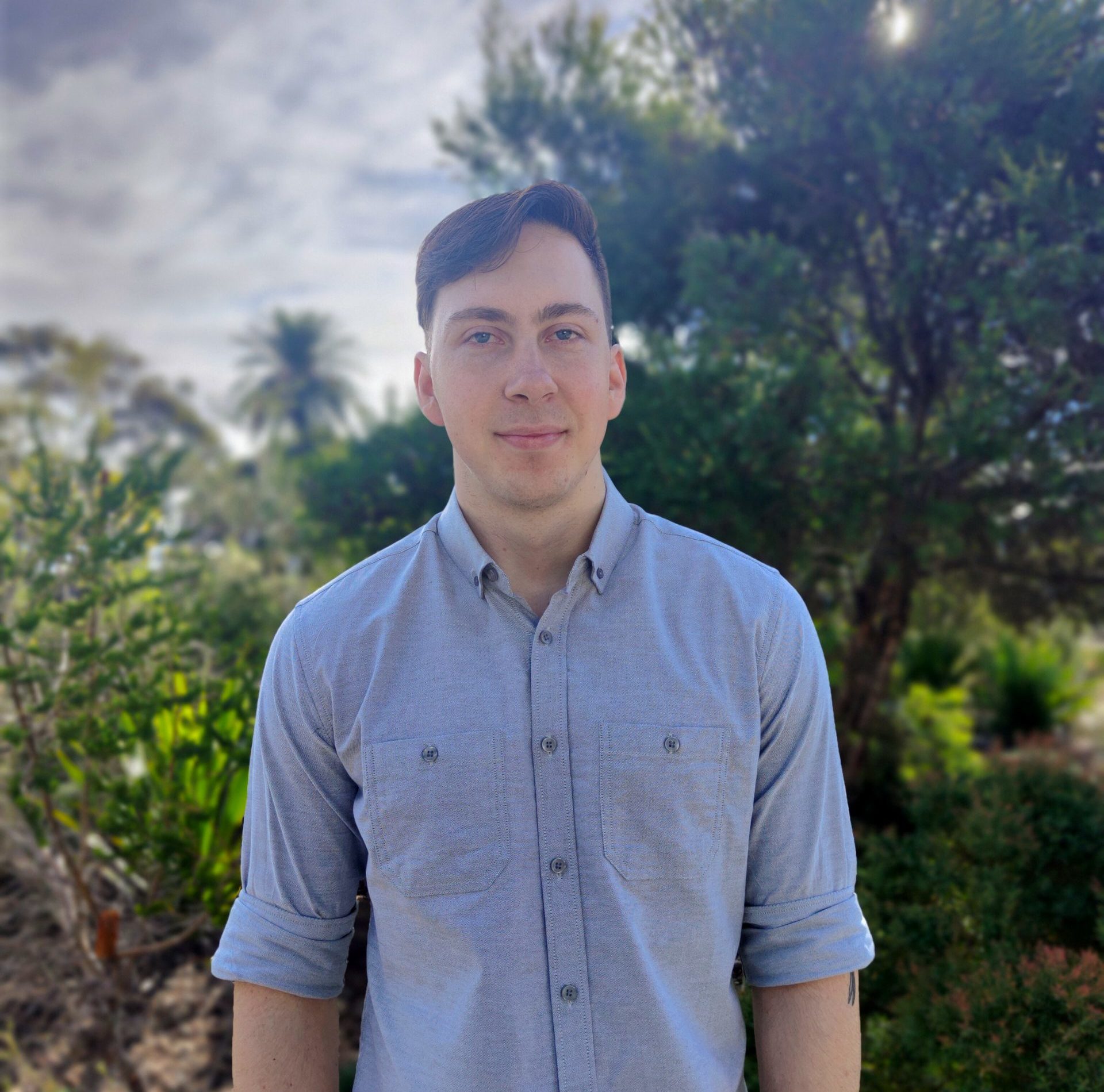
At the end of 2021, almost 60% of students who completed their end of year reported said that COVID had taken a toll on their mental health, and 1/4 advised dealing with diagnosed mental health conditions.
We are not a mental health organisation, and it is certainly not our expertise – but we do know there needs to be more done to ensure you have the support, tool and capacity they need to navigate the tough stuff life often throws at us.
In this blog, you will find words from students about their experiences, and plenty of information pointing you toward the right places you can go to seek help.
Georgia Dickinson
Namoi (Narrabri)
“I would say COVID-19 definitely has been an overarching obstacle over the past 2 years for all students in the country.
During the pandemic I have really struggled with feeling unsettled and unmotivated and it has certainly taken a massive toll on my mental health.
I also struggled with anxiety around my mum’s health and having to make the move back home during the middle of a trimester attributed to me struggling to find energy to put towards study.”
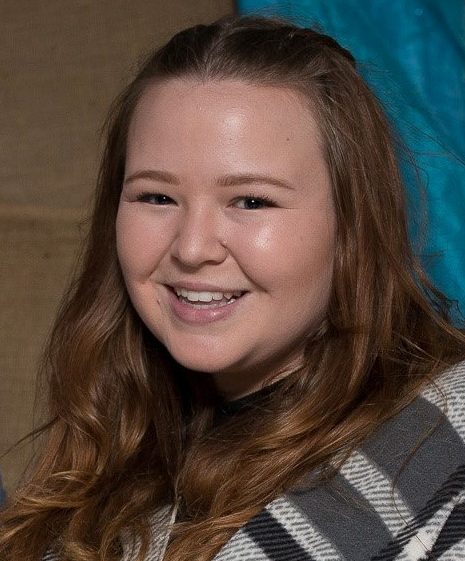
SUPPORT SERVICES AND ORGANISATIONS
Knowing what services are available who to reach out to for help can be a little confusing and daunting, which is the last thing you need when you are already feeling like things are too much.
Here are some great organisations and services that provide mental health support especially for young Australians. You can make contact in a way that suits you, via phone, email and even chat and SMS nowadays.
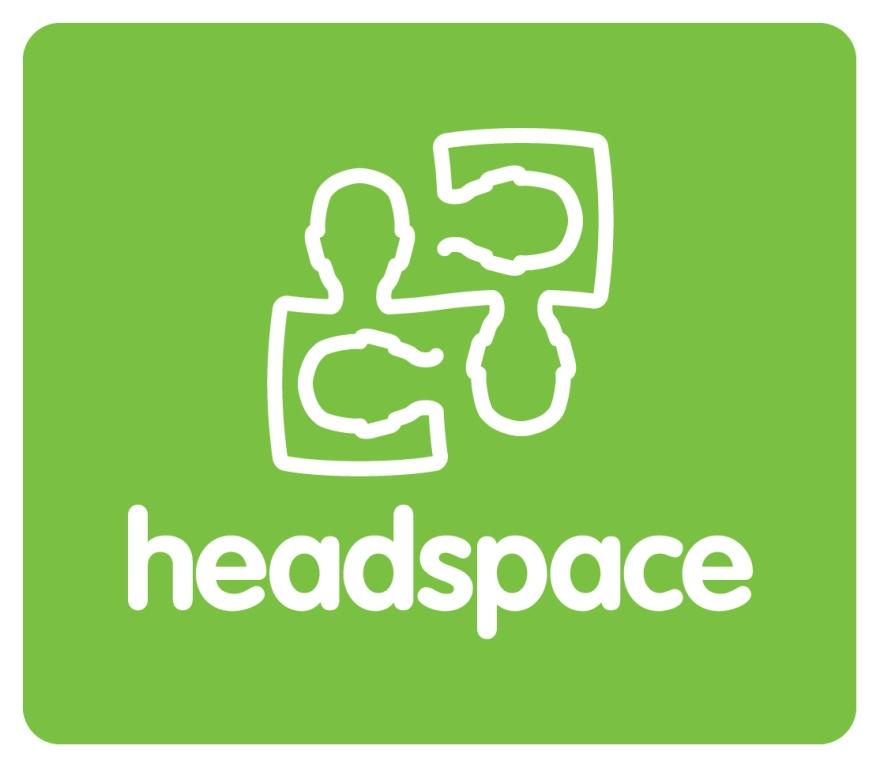
Headspace is the National Youth Mental Health Foundation for young people aged 12–25 years. With 55 centres across Australia they offer a range of free services.
Call 1800 650 890.
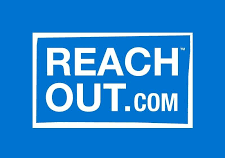
ReachOut Australia is there for whatever life throws at you. With a section dedicated to young people, the website is a great resource for anyone feeling overwhelmed or needing encouragement.

The Black Dog Institute and My Compass are interactive, self-help websites which enable users to track and write about their moods, view information and tips on how to manage mild to moderate stress, anxiety and depression.
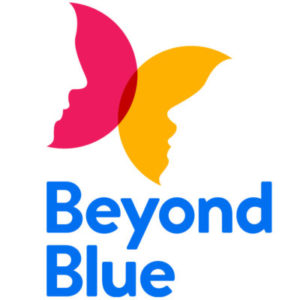
Youthbeyondblue provides information and support for those affected by depression and anxiety. It’s also a great resource for carers or anyone wanting to support a friend or loved one. You can call them 24 hours a day on 1300 22 4636.

Lifeline is a national charity that provides 24/7 crisis support and suicide prevention services to all Australians. They provide confidential crisis support via phone, text or online chat.
Call them on 13 11 14.
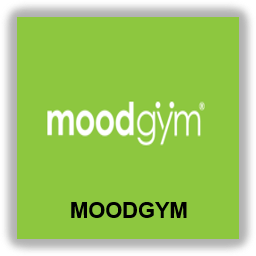
MoodGYM was developed by our friends at the Australian National University, and is an innovative, interactive web program designed to help people identify mental health problems and develop coping strategies.
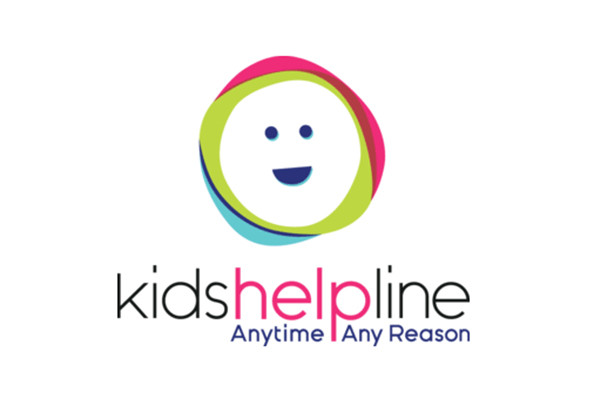
Kids Helpline is Australia’s only free, private and confidential, telephone and online counselling service specifically for young people aged between 5 and 25. Call 1800 55 1800.
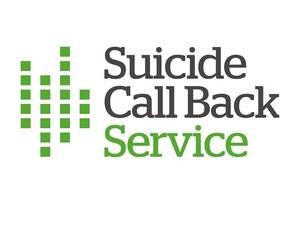
The Suicide Call Back Service is a 24/7, nationwide service that provides counselling to people 15 years and over who are suicidal, caring or supporting someone suicidal or bereaved by suicide. Call 1300 659 467.
COUNSELLING AND SUPPORT
All universities and training organisations have information on counselling services, many of which are free. We recommend you contact student services centre to find out what they offer.
If you are working, many employers offer Employee Assistance Programs (EAP’s). These programs support employees and family members with work-related problems as well as personal problems that may impact on their job performance, health & mental well-being. The service is funded by the employer, so there is no cost to you.
Your GP or community health service are also great places to go for help.
Community services often provide free counselling programs and if appropriate, your GP can write you a mental health care plan to access a certain number of free (or reduced cost) counselling sessions.
MEDICATION
We know this can be a very taboo subject, however there is a lot of misinformation out there about mental health disorders and the associated medications.
The reality is whether there is something happening (like COVID) or you feel like you just struggle with your feelings and emotions, we know now that chemical imbalance in the brain is a very real thing. And sometimes medication – just like a puffer for asthma or insulin for diabetes – is needed to help get things on track.
If you have concerns about medication be sure to talk to your medical professional, they can clear up any worries you might have and explain exactly why you might need it and how it will help.
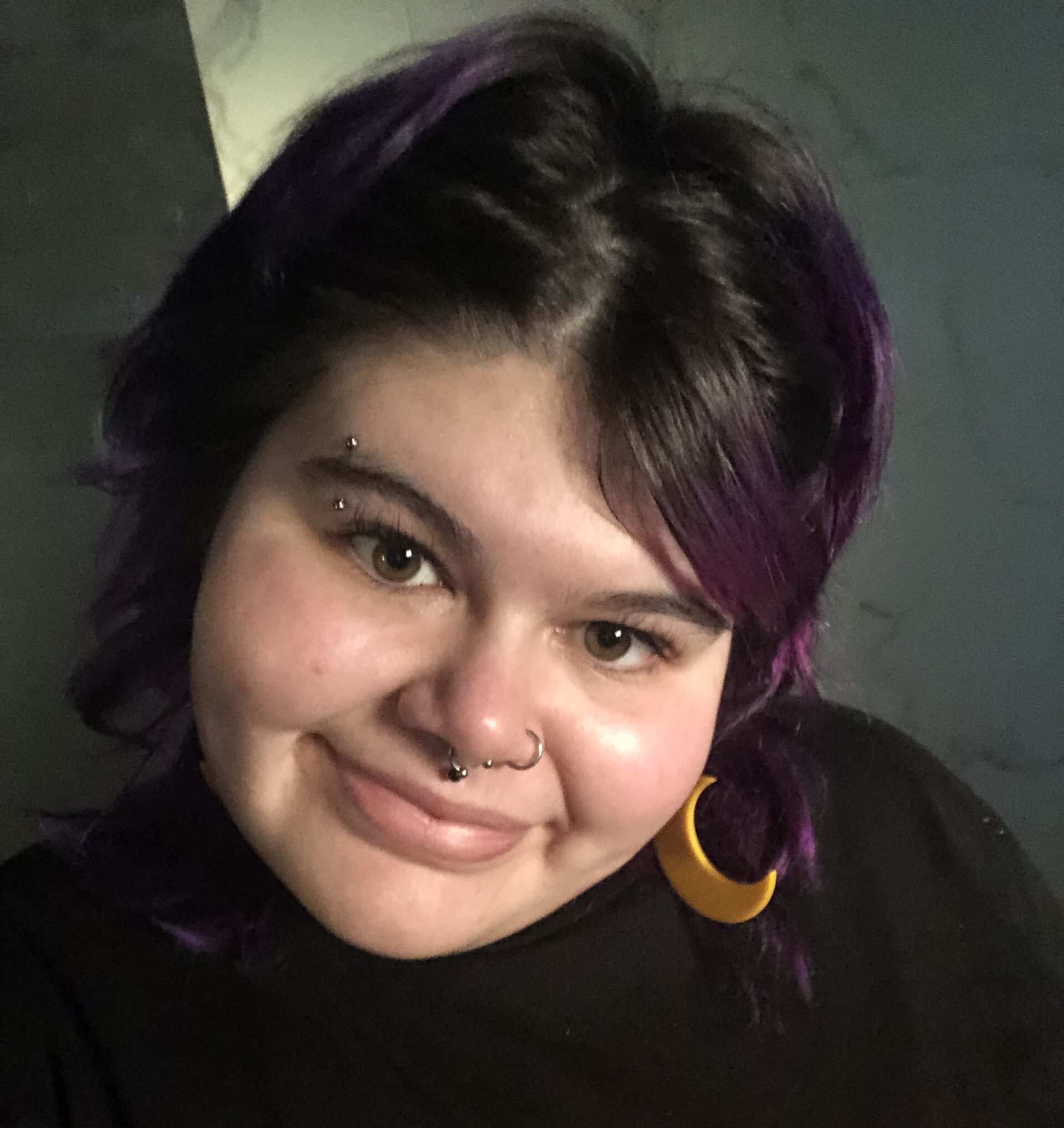
Kaitaia Clark
Broken Hill
“COVID definitely ramped up my mental health, but this year I’ve been medicated for the first time which helped a lot, but once things were going smoothly, something else would pop up. During high school, I was definitely catered for I believe, but I have also been told that I experience ADHD burnouts, and so having deadlines for assignments was like the end of the world. I’m still learning how to live independently, and with the help of other neurodivergent friends, I am able to do one thing at a time.”
STRESS BUSTERS
Life is all about balance, and even though you will need to study and work hard at university, you also need some downtime. Downtime is productive as it helps your brain and body work better by giving it a rest and time to absorb things.
Stress management is different for everyone so find out what works for you, and if you need help doing this, never be afraid to ask friends or a counsellor.
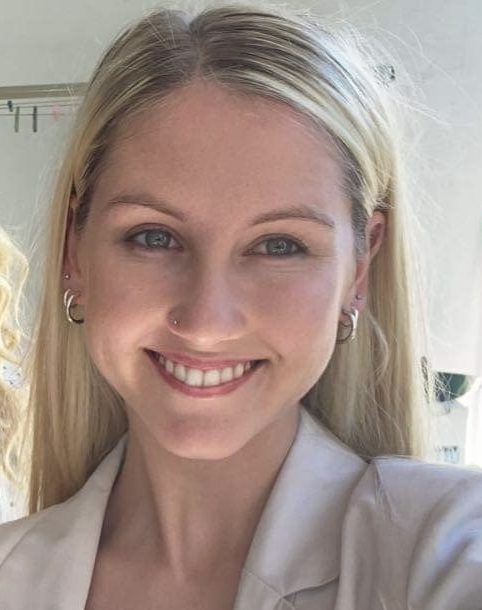
Claire Robb
Coleambally
“As difficult as COVID 19 has made people lives, I was thankful that I was in a lockdown for this year of my studies as had optimal time to complete requirements from uni and placement.
Other then this I would stay the biggest obstacle is keeping up to date with the requirements of uni as well as maintaining my health and wellbeing.
This year I felt that I had to choose between the two.”
EXERCISE
- Try joining a sports team or club. Not only is it a great way to get regular exercise in, it can help expand your social circle too. If sports are not your thing, try simply going for a walk or swim. If you need your exercise to have a little more structure give yoga a go, or check out a class at the gym. Investigate student discounts and short-term or casual passes.
UNPLUG
- Close the laptop and put down your phone. You’ll be surprised – some of your most creative ideas can occur when you give yourself a break. Take some time out from social media. Chances are some of your feed is study or work related, and seeing this stuff might make you feel like you have no choice but to get back to the books.
UNWIND
- Join a university or community club or society. Get involved in something you enjoy (other than study and work) to give your brain a break. Maybe a theatre group, regular games night or a committee? Read a book, watch movie or listen to a podcast. These are easy ways to take a little time to unwind from the stress of study.
CONNECT
- Call your family. When you are in a new place, it is so important to stay in contact with the people you care about. Zoom or Facetime your buddies, or have coffee or breakfast with a friend. Being able to talk with a friend face to face is pretty hard to beat when it comes to being social and feeling connected.
Abeer Srivistava
Central Australia
“Having the second semester online was a real punch to the gut. I had designed my semester on practical classes, expecting Melbourne not to be in lockdown. It was very hard having to sit in front of laptop for hours and try and figure out how experiments would work in person. On top of that, my grandmother passed away unexpectedly just before exams. This took a big toll on my mental health going into exams.”

DON’T GO IT ALONE
When you start to open up about your mental health, you will quickly realise that many people are – or have – felt the same way.
No matter what difficult situation you are facing or troubling emotions you might be feeling remember, you NEVER need to deal with it alone. In fact, speaking about it and seeking help are the best things you can do to get back on track.
If you are still not sure what to do or who to contact, don’t hesitate to contact your local CEF foundation or our national office. We are always ready to help out in any way we can and point you in the right direction.
The most important thing you can ever do is take care of your mental heath – it might not be easy, but it will be absolutely worth it.
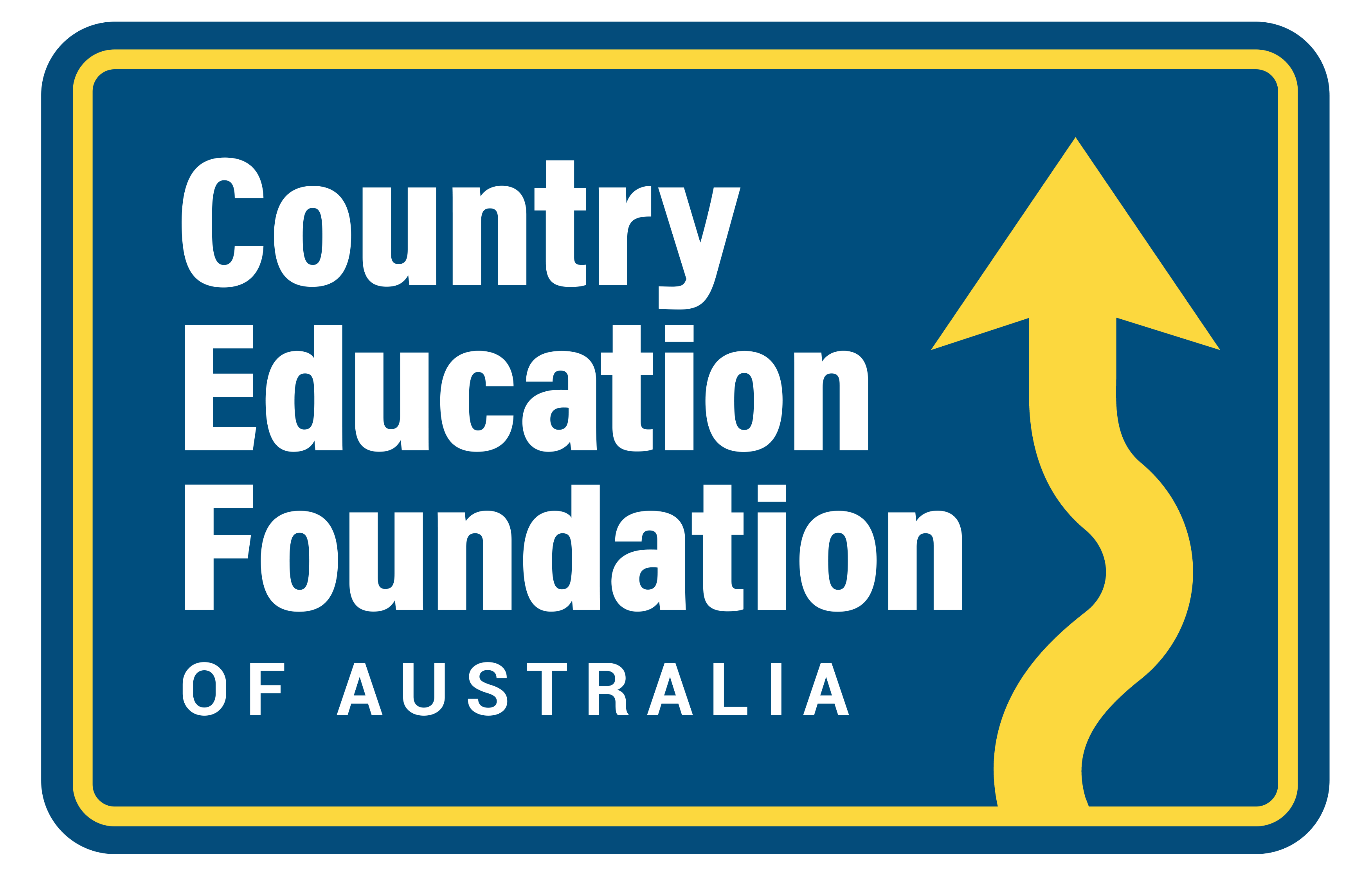

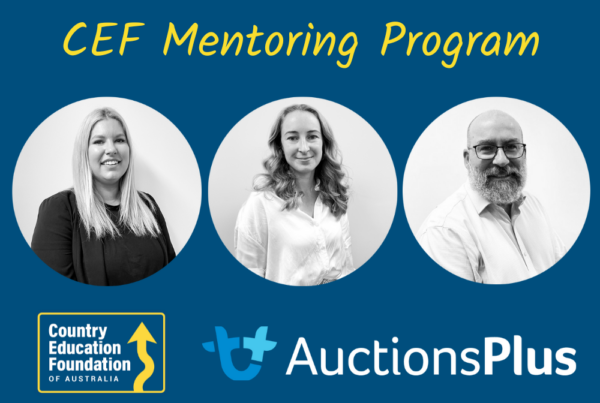
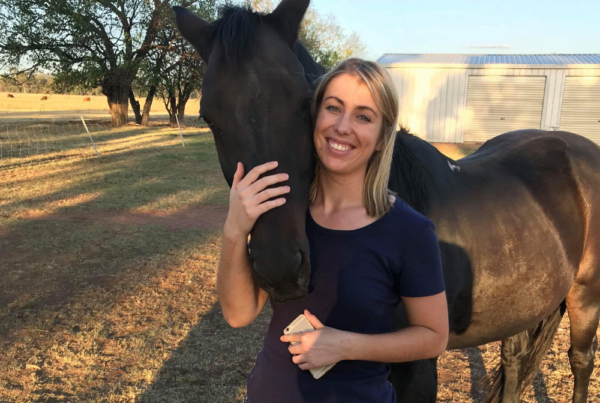

Recent Comments